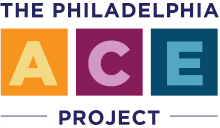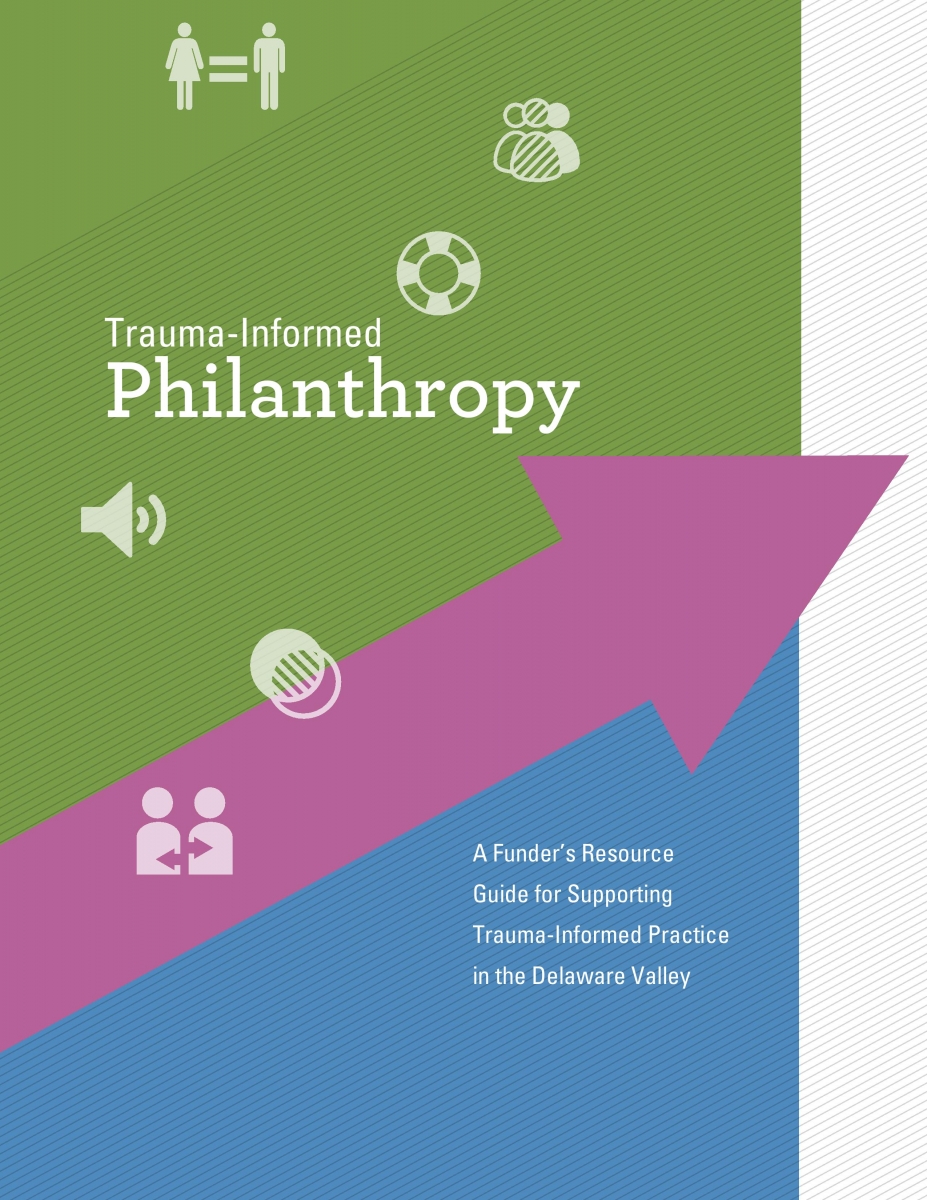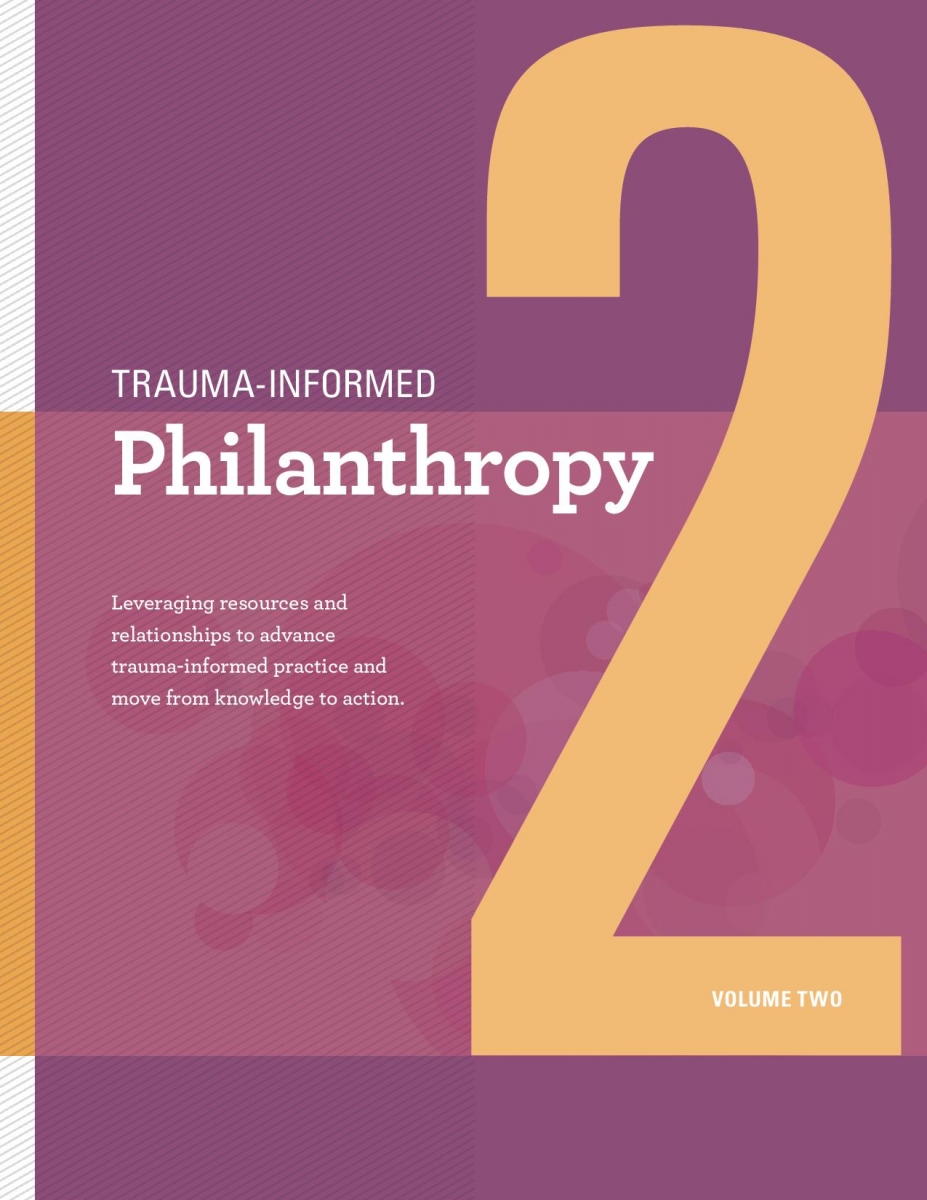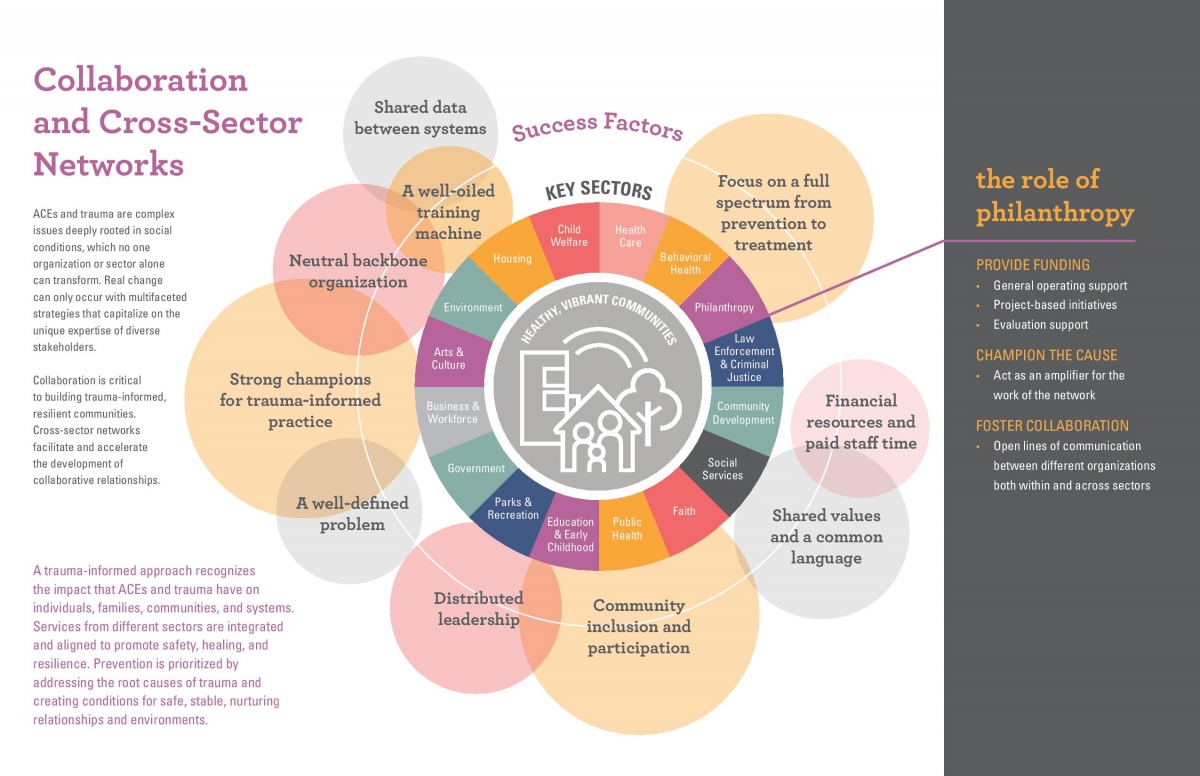Today, the science is clear – the effects of trauma and adversity build up over the human lifespan and contribute to negative outcomes in all aspects of individual, family, community, and societal life. Some effects can even pass from generation to generation. In the last two decades, we have come to understand trauma as pervasive and distributed inequitably among vulnerable populations and under-resourced communities.
The good news is that trauma-informed practice can prevent and mitigate these impacts. Scientists, service providers, philanthropists, business people, policy makers, and community residents are coming together to build a movement for trauma-informed and resilient communities, improving outcomes in areas as divergent as healthcare, education, and criminal justice.
Philanthropy has a significant role to play in this work. By understanding the science and deploying resources in creative ways, funders can build knowledge and capacity among organizations and communities testing trauma-informed and resiliency approaches. Funders can also influence broader systems change by leveraging their relationships, especially in sectors like government and business. This is why Philanthropy Network Greater Philadelphia and Philadelphia ACE Task Force leaders from United Way of Greater Philadelphia and Southern New Jersey and the Scattergood Foundation partnered to develop the Trauma-Informed Philanthropy series, which includes two volumes of Trauma-Informed Philanthropy:
As a companion to the Trauma-Informed Philanthropy Series, Scattergood Foundation, United Way of Greater Philadelphia and Southern New Jersey, and Philanthropy Network Greater Philadelphia partnered with the Health Federation of Philadelphia, Robert Wood Johnson Foundation and The California Endowment to develop the infographic, The Role of Philanthropy in Fostering Collaboration through Cross-Sector Networks:



